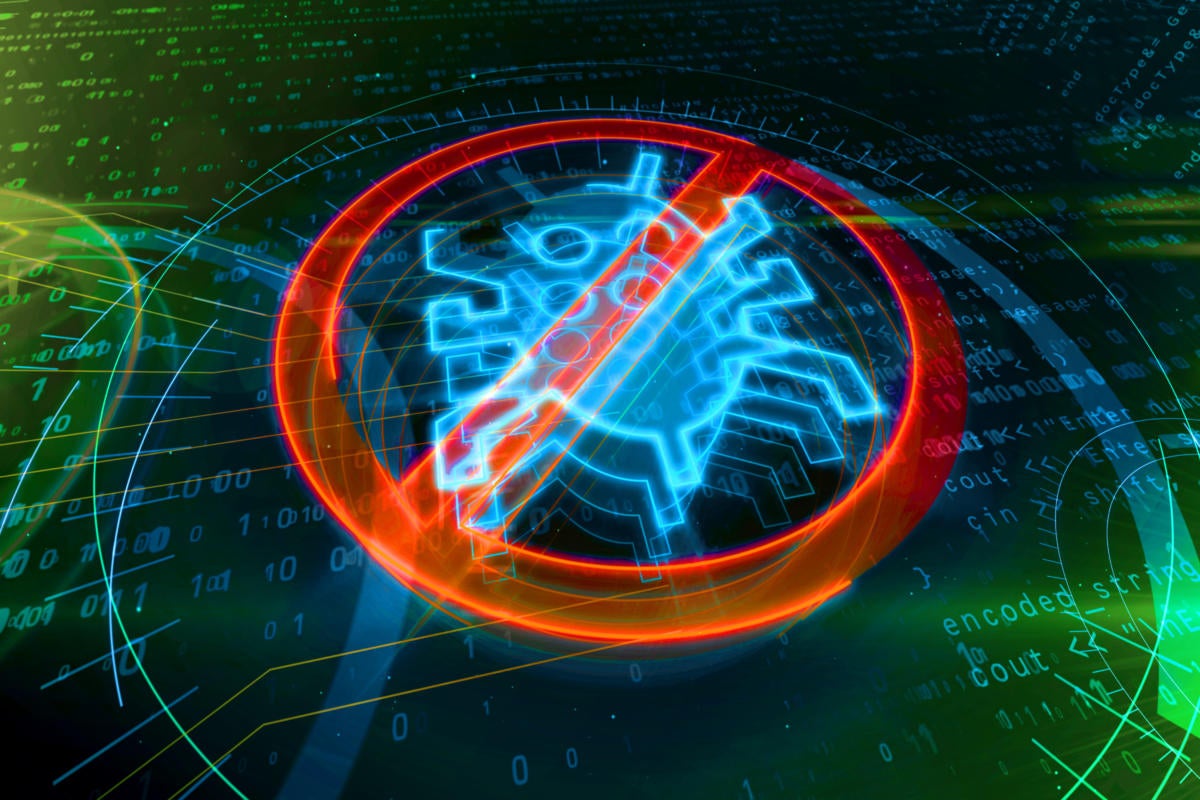

#Ephiram iantivirus plus#
For home users, these strategies include both antivirus and anti-malware protection, plus other means to stay safe online like browser protection or a VPN for online privacy. TRY BUSINESS ENDPOINT SECURITY What is cybersecurity?Ĭybersecurity, or computer security, is a catchall term for any strategy for protecting one's system from malicious attacks. Try Malwarebytes for Business Endpoint Security 14-day Trial.

Keep your business data safe with next-gen antivirus (NGAV) and endpoint protection.
#Ephiram iantivirus free#
Both of these terms fall under the broader term " cybersecurity."Ĭomprehensive cyber protection for your computer and devices.Įxplore antivirus that helps keep your personal data safe.ĭownload Malwarebytes Premium free for 14 days. Both antivirus and anti-malware typically detect and block threats, and remove any threats that make it on to a device. "Anti-malware" is intended to be a broader description than "antivirus," but antivirus has broadened in common usage to describe the same type of software.
#Ephiram iantivirus software#
The term antivirus refers to computer viruses that were early online threats, and anti-malware refers to the term "malware," which is an umbrella term for any kind of malicious software (including viruses). Today, the terms antivirus and anti-malware are often used interchangeably to refer to cybersecurity software that blocks viruses and other types of malware from computers and mobile devices. What's the difference between antivirus and anti-malware? Today, cybersecurity companies like Malwarebytes employ several different methods to detect, block, or remove malware from a device. Early antivirus programs would compare software file signatures against a list of known viruses to see if they matched, and if so, block them. Originally, it was created to protect against computer viruses, but now it's more of a general term to describe software that uses a combination of advanced technologies to protect against a variety of threats, including ransomware, spyware, and even never-before-seen zero day attacks. Sure, both refer to cybersecurity software, but what do these terms actually mean? What is the difference between antivirus and anti-malware, and are they both still relevant in dealing with today's online threats? Let's take a deep dive into the world of cybersecurity semantics and unpack these terms.Īntivirus is software that is designed to detect, protect against, and remove malware on a computer or mobile device. At Malwarebytes, we're all for precision - especially when it comes to two commonly confused cybersecurity concepts that get used interchangeably: antivirus and anti-malware.


 0 kommentar(er)
0 kommentar(er)
